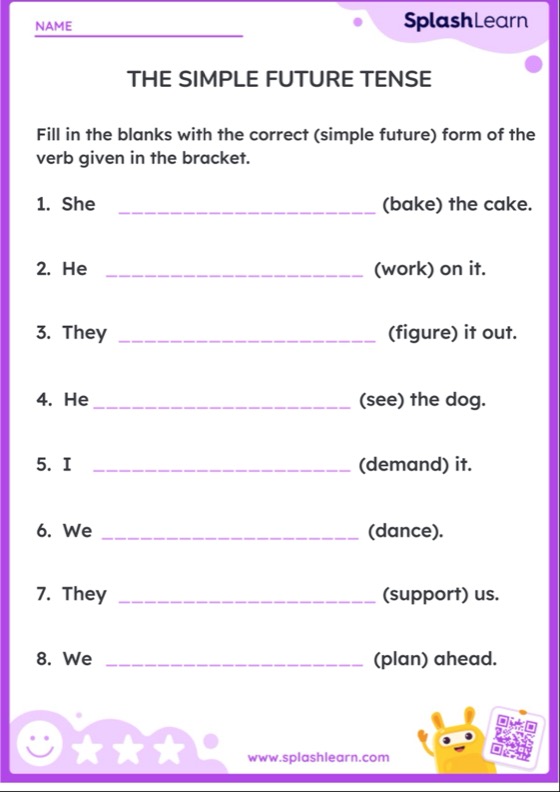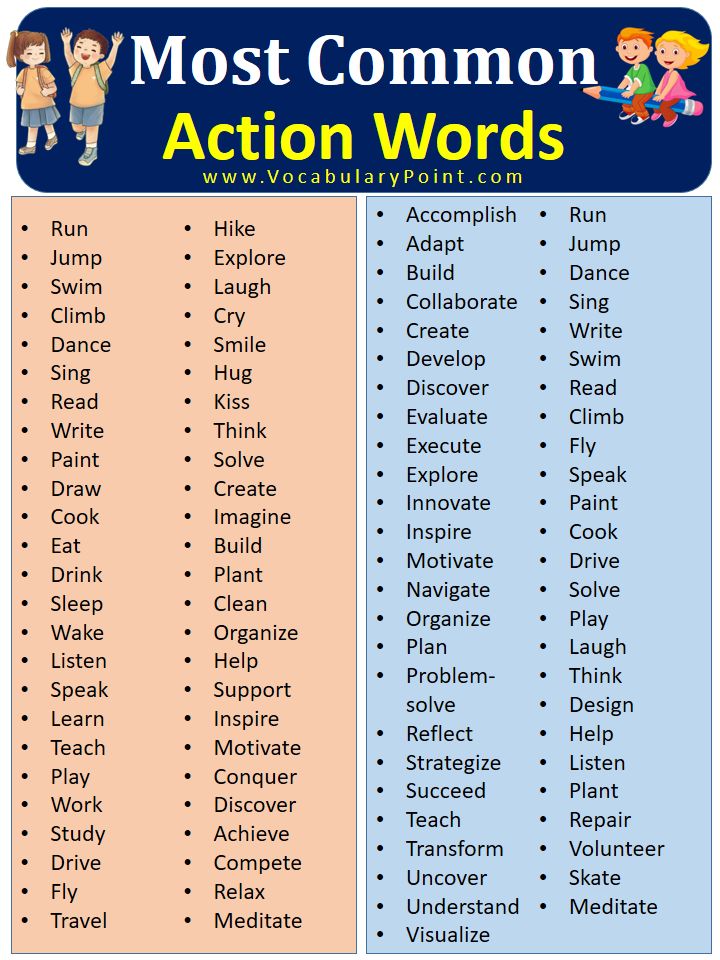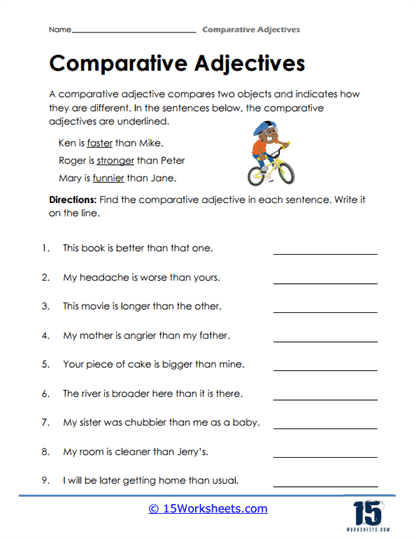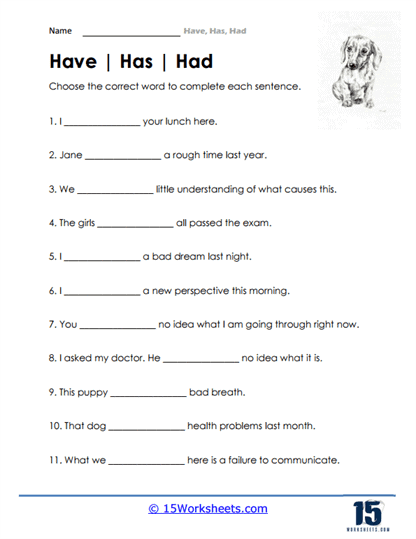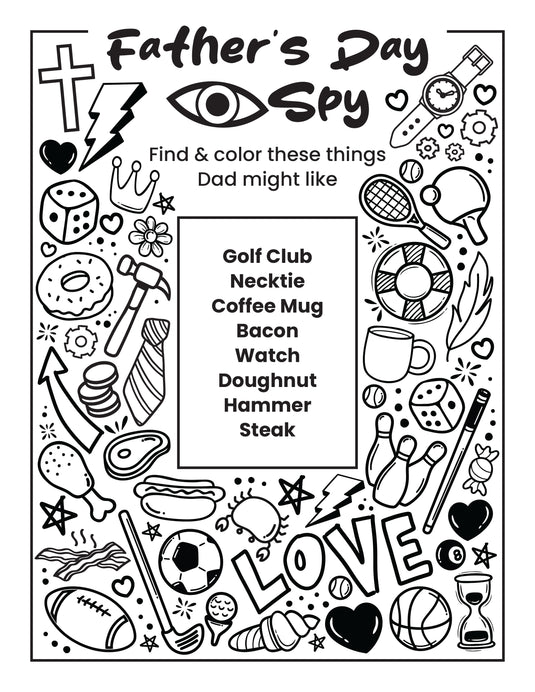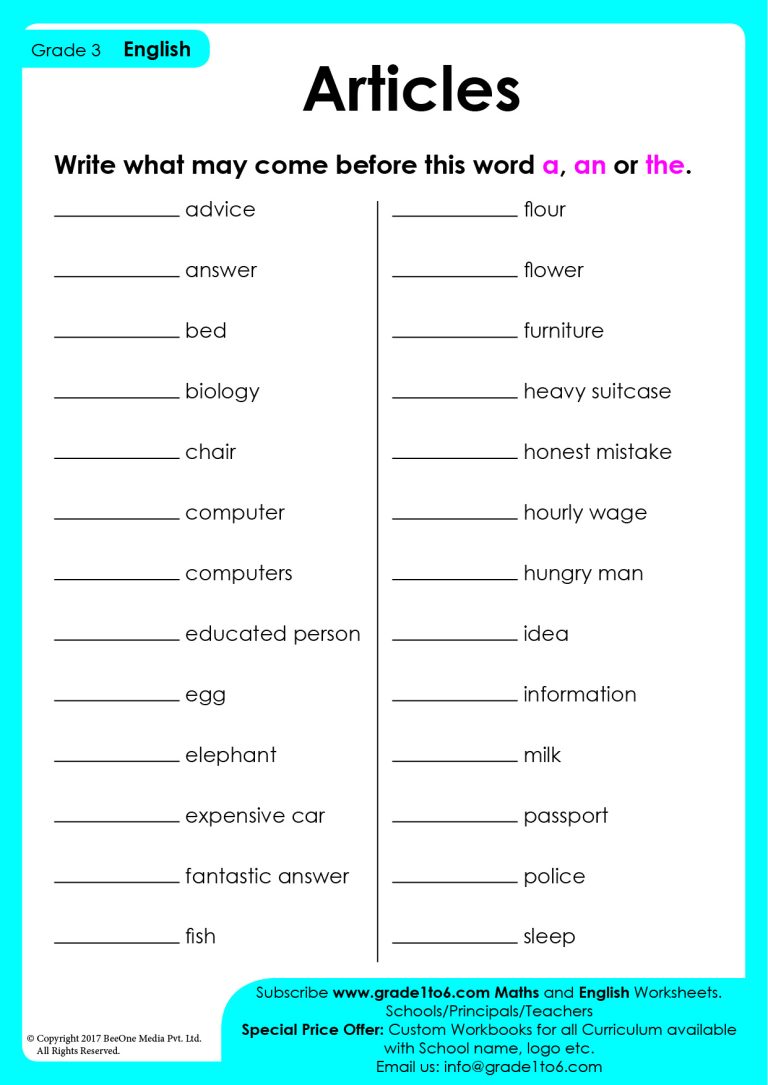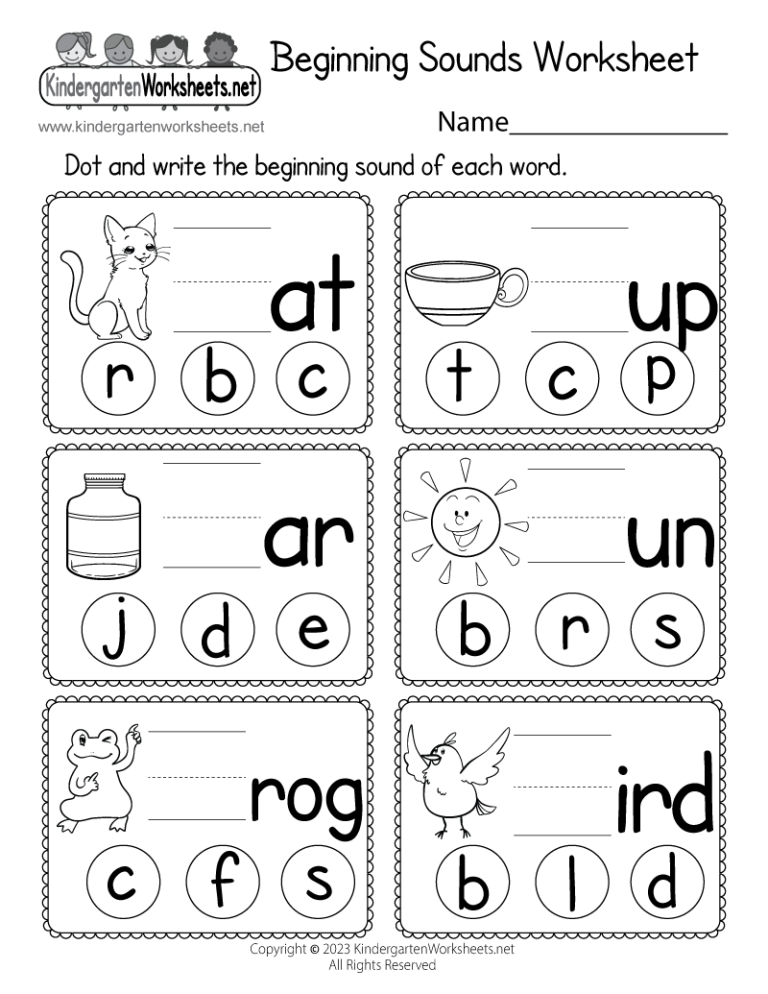Simple Future Tense Worksheet
Are you looking to master the simple future tense effortlessly? Imagine having the confidence to express your future plans and predictions with ease.
A simple future tense worksheet can be your secret weapon to achieving this fluency. It’s not just another worksheet; it’s a tool designed to make learning engaging and straightforward. By using this resource, you’ll find that understanding and applying the simple future tense in your daily life becomes second nature.
Stick with us, and you’ll discover how this worksheet can transform your language skills, making you more confident and clear in your communication. Ready to unlock the potential of your future tense abilities? Let’s dive in!
What Is Simple Future Tense
Simple Future Tense talks about actions that will happen later. We often use “will” to show the future. For example, “I will go to school tomorrow.” This tense is helpful for making plans. It shows what we think will happen next.
Another way to show the future is with “going to”. For instance, “She is going to read her book.” Use this when you have a plan. It helps us understand what you want to do.
Simple Future Tense is easy to learn. It helps in talking about tomorrow and future plans. Practice with different sentences. It will make you better at English.

Credit: www.tes.com
Forming Simple Future Tense
In simple future tense, we use ‘will’or ‘shall’. ‘Will’ is used with all subjects. For example, “I will go.”‘Shall’ is more formal. It is often used with ‘I’ and ‘we’. For example, “I shall start.” People use ‘will’ more often today.
Contractions make speaking faster. “I will”becomes “I’ll.”“You will” changes to “you’ll.”Contractions are very common. They are easy to use. They make sentences shorter. Practice using them.
Positive And Negative Sentences
The simple future tense is easy to use. We often use “will” for these sentences. For example, “I will play soccer.” Notice the word “will”. It shows the future. You can also use “shall” with “I” or “we”. Like, “We shall go home.” “Will” and “shall” help us talk about the future.
Negative sentences are easy too. Use “will not” or “won’t”. For example, “I will not eat cake.” Or “She won’t watch TV.” “Will not” and “won’t” mean the same. They show something will not happen. Remember to use these words correctly.
Question Forms
Yes/No questions are simple. They start with will. Ask if something will happen. Example: Willyou go to the park? Answer with yes or no. These questions are easy to make. Just add willbefore the subject. Kids can practice these questions. Make sure to use simple words. Make it fun and engaging.
Wh- questions use words like what, where, or when. They ask for more information. Example: Whatwill you do tomorrow? Start with a Wh-word. Then add willand the subject. These questions need more details. They are good for practice. Try using different Wh-words. This helps kids learn more.
Time Expressions
Future time expressions help us talk about events in the future. Some common expressions include tomorrow, next week, and soon. These words tell us when something will happen. For example, “I will go to the park tomorrow.” Or “She will visit her friend next week.” Using these expressions is easy and fun.
Time clauses give more details about future actions. They start with words like when, after, and before. For example, “I will play soccer after school.” Or “We will eat dinner when Dad comes home.” Time clauses help us plan and describe future events. They make sentences clear and complete.
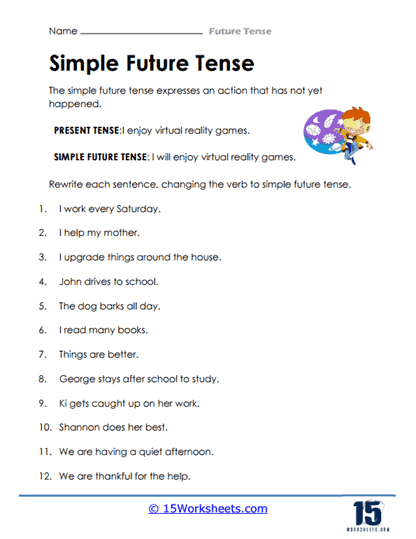
Credit: 15worksheets.com
Practical Exercises
Choose the correct word to fill the blanks. This helps with simple future tense. Example: “I _____ (will go) to the park tomorrow.”
1. She _____ (will eat) dinner at 7 PM.
2. They _____ (will play) soccer on Sunday.
3. He _____ (will read) a book tonight.
Change the sentence to future tense. This helps practice verb forms. Example: “She runs fast” becomes “She will runfast.”
1. The dog barks loudly.
2. I finish my homework.
3. We visit grandma on weekends.
Common Mistakes
Using ‘will’ all the time can confuse. It might seem easy, but it’s not always right. ‘Will’ is for future plans. It is not for things happening now. Kids often use ‘will’ when they talk about today or yesterday. This mistake can make sentences sound wrong. Practice helps to use ‘will’ correctly. Think before you write. Decide if the action is in the future.
Mixing tenses is a common error. Simple future tense talks about what will happen. Past tense talks about what already happened. Present tense talks about now. Kids mix these up often. They say ‘I will go’ when they mean ‘I went’. Practice helps to tell the difference. Use examples to learn. Read sentences out loud. It helps to hear the difference.

Credit: www.splashlearn.com
Additional Practice Resources
Extra resources help kids understand simple future tense better. Worksheets are one option. They offer easy exercises. Kids can learn while they write. Online quizzes are fun. They test understanding in a playful way. Flashcards are also useful. They show examples with pictures and words.
Books can provide more practice. They have stories using future tense. Videos show how people use future tense in real life. Games make learning exciting. They encourage kids to use future tense in sentences. These resources build confidence. Kids feel ready to use future tense daily.
Frequently Asked Questions
What Is The Simple Future Tense?
The simple future tense expresses actions that will happen in the future. It uses “will” or “shall” followed by the base form of a verb. This tense is commonly used to describe planned events or make predictions about future occurrences.
How Do You Form The Simple Future Tense?
To form the simple future tense, use “will” or “shall” plus the base form of the verb. This structure applies to all subjects. For example, “I will go” or “They shall arrive. ” This tense indicates actions that are yet to occur.
When Is The Simple Future Tense Used?
The simple future tense is used to describe actions that will occur in the future. It is also used for predictions and promises. This tense helps in expressing planned events or decisions that are expected to happen later.
What Are Examples Of Simple Future Tense Sentences?
Examples include: “I will travel tomorrow,” “She will call later,” and “They will visit next week. ” These sentences demonstrate how the simple future tense is used to indicate actions that will take place in the future.
Conclusion
Simple future tense worksheets make learning easy and enjoyable. They help students practice and understand future actions. Short exercises build confidence and language skills. These worksheets provide clear examples and guided activities. They are perfect for both classroom and home learning.
Teachers and parents can use them to support language development. Regular practice leads to better understanding and usage of the simple future tense. Start exploring these worksheets today to boost learning. Simple tools for big language gains. Enjoy the journey of mastering future tense with ease!
